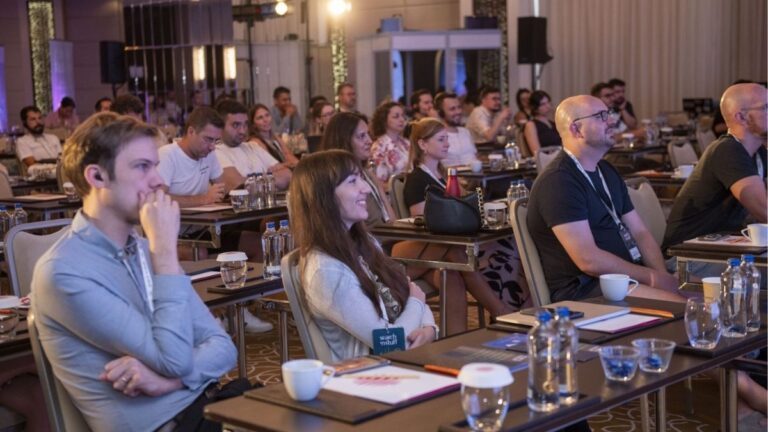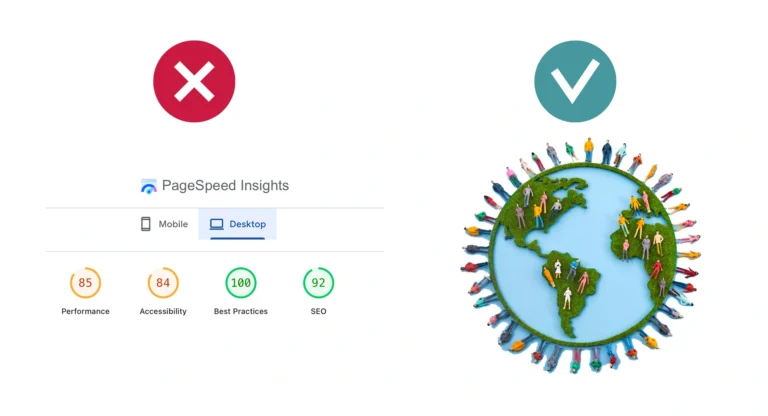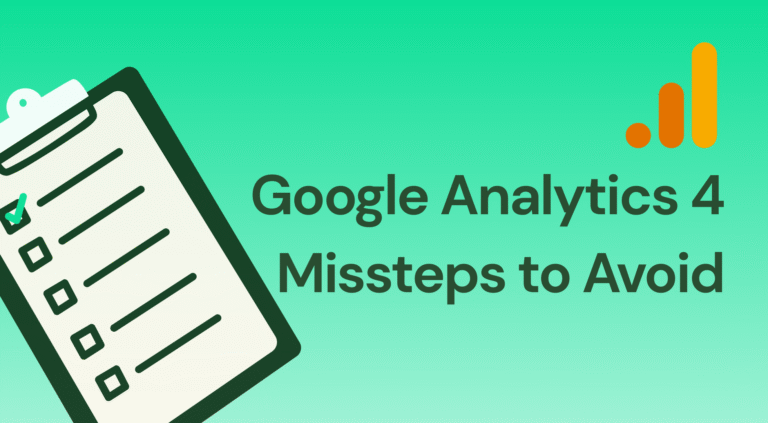
During his day job, he is the SEO manager at Macmillan Cancer Support and a member of the Chartered Institute Of Marketing.
Over the past few months, I’ve had a series of conversations with SEOs and digital marketers about where search is heading. Reviewing those chats, a few clear themes keep coming up again and again – and they paint a picture of an industry at a real turning point.
Below, I’ll break down the key patterns I spotted and what they mean for anyone working in digital marketing today.
The Shift From Keywords To Brand Management
- SEO used to be about optimising web pages and chasing links. Now it’s about how your brand is perceived across the web.
- LLMs and AI search pull from Trustpilot reviews, Wikipedia, Reddit threads, and press coverage just as much as from your own site.
- That means customer service, reputation, and even old archived content now act as “ranking factors” – for better or worse.
Key Takeaway: SEO teams need to work hand-in-hand with PR, comms, and customer experience. “Brand management as SEO” isn’t a throwaway line – it’s the reality of how machines now decide who to recommend.
The Decline Of Lazy SEO & Vanity Metrics
- Endless blog churning and keyword-stuffed content are no longer enough.
- Google is moving away from 10 blue links. AI Overviews, AI Mode, and other conversational search platforms are probabilistic – answers change constantly.
- Metrics like “we published 10 blogs this month” or “we rank #3 for X keyword” are becoming irrelevant.
Key Takeaway: The focus has to shift to topical visibility and trust signals, not just rankings. If your site appears as a credible source across prompts and platforms, you’re winning.
PR + SEO + Digital Marketing Are Merging
- Agencies are moving from execution to strategy: less about “we’ll do your meta tags” and more about partnership and holistic brand support.
- SEO, brand, and PR teams – often seen as rivals – now need to become best friends.
- Paid and organic aren’t separate anymore either. Google Ads’ new “brand impressions as conversions” metric shows how brand exposure in ads links directly to organic behaviour.
Key Takeaway: Siloed teams won’t survive. Integration across SEO, paid, PR, and social isn’t optional – it’s the only way to influence what the machines (and people) believe.
Visibility is shifting beyond websites
- Traditional websites are becoming more like data sources for AI to pull from, not just destinations for clicks.
- Reddit, TikTok, YouTube, and Wikipedia are often more influential in shaping AI answers than a company’s own blog.
- That doesn’t mean websites don’t matter – they’re still your digital shopfront, the place where people check credibility before engaging.
Key Takeaway: Treat your website as a hub, but make sure your brand is present everywhere your audience searches – whether that’s TikTok trends, niche subreddits, or LLM prompts.
Zero-Click Search & The New Funnel
- Traffic is declining and it’s not coming back.
- More buying decisions will be made inside AI platforms without users ever clicking through.
- That means SEOs need to stop obsessing over being the first or last click. Instead, focus on how exposure across the funnel contributes to conversions.
Key Takeaway: Track multi-touch journeys and accept that visibility (even without clicks) can drive downstream conversions. Reporting needs to evolve to reflect this.
AI disruption: risks and responsibilities
- LLMs amplify bias – they mirror the data they’re trained on.
- Generative AI is pattern-matching, not “thinking.” We need to be careful about over-attributing intelligence.
- At the same time, SEOs have an opportunity: those who adapt and learn the tech will thrive, while lazy tactics will be exposed.
Key Takeaway: Use AI as a tool, but don’t outsource your thinking. Be critical, test outputs, and lead with responsibility.
Conclusion
Digital marketing is no longer about narrow SEO tricks. It’s about brand reputation, cross-channel integration, and adapting to a world where visibility often matters more than clicks.
The winners will be those who:
- Actively manage their brand reputation across the whole web.
- Break down silos between SEO, paid, PR, and social.
- Accept that exposure – even without clicks – drives value.
- Keep learning, testing, and leading responsibly with AI.
It’s not the end of SEO. It’s the start of something bigger.








